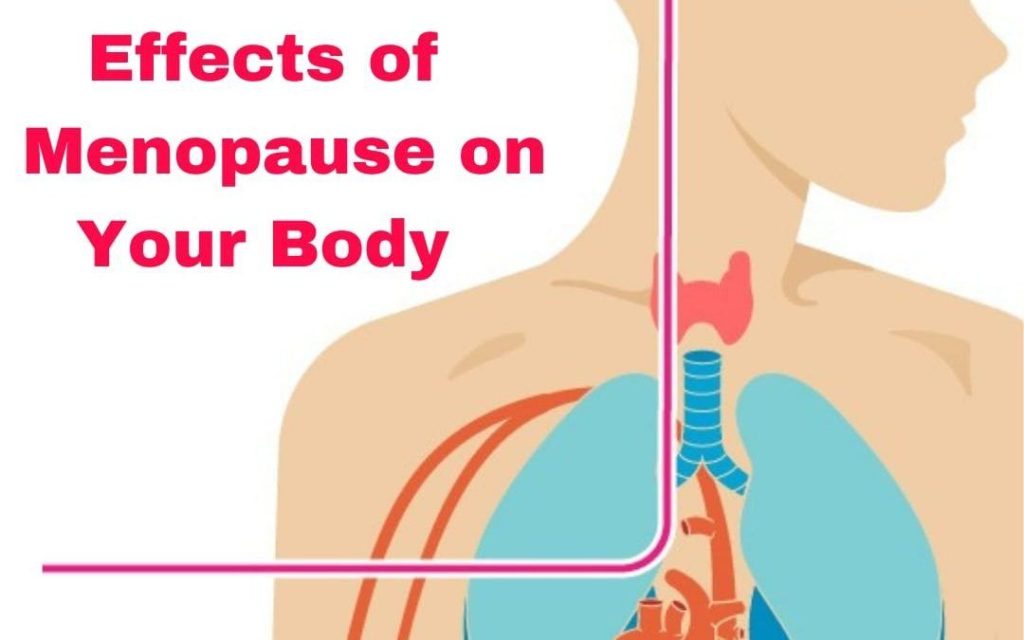
Menopause is a natural biological process that marks the end of a woman’s reproductive years. It typically occurs in women between the ages of 45 and 55, although it can occur earlier or later for some women. Menopause is characterized by a decrease in estrogen and progesterone levels in the body, leading to various physical and emotional changes.
Physical Symptoms of Menopause
Menopause can bring about a variety of physical symptoms that can impact a woman’s overall well-being. Some common physical symptoms of menopause include hot flashes, night sweats, irregular periods, vaginal dryness, and sleep disturbances. These symptoms can vary in severity from woman to woman and can have a significant impact on daily life.
Mental Health and Menopause
In addition to physical symptoms, menopause can also affect a woman’s mental health. Many women experience mood swings, irritability, anxiety, and depression during menopause. The hormonal changes that occur during menopause can disrupt the balance of neurotransmitters in the brain, leading to changes in mood and emotional well-being.
Coping with Menopause
There are several strategies that women can use to cope with the physical and emotional symptoms of menopause. Regular exercise, a healthy diet, and adequate sleep can help alleviate some of the physical symptoms of menopause. Seeking support from friends, family, and healthcare providers can also be beneficial in managing the emotional aspects of menopause.
Seeking Help
If the symptoms of menopause are significantly impacting your quality of life, it’s important to seek help from a healthcare provider. They can provide treatment options such as hormone replacement therapy, antidepressants, or therapy to help manage the symptoms of menopause. It’s essential to prioritize your health and well-being during this transitional phase of life.
Conclusion
Menopause is a natural process that all women will experience as they age. While the physical and emotional symptoms of menopause can be challenging, there are ways to manage and cope with these changes. By taking care of your physical and mental health and seeking help when needed, you can navigate through menopause with grace and confidence.

